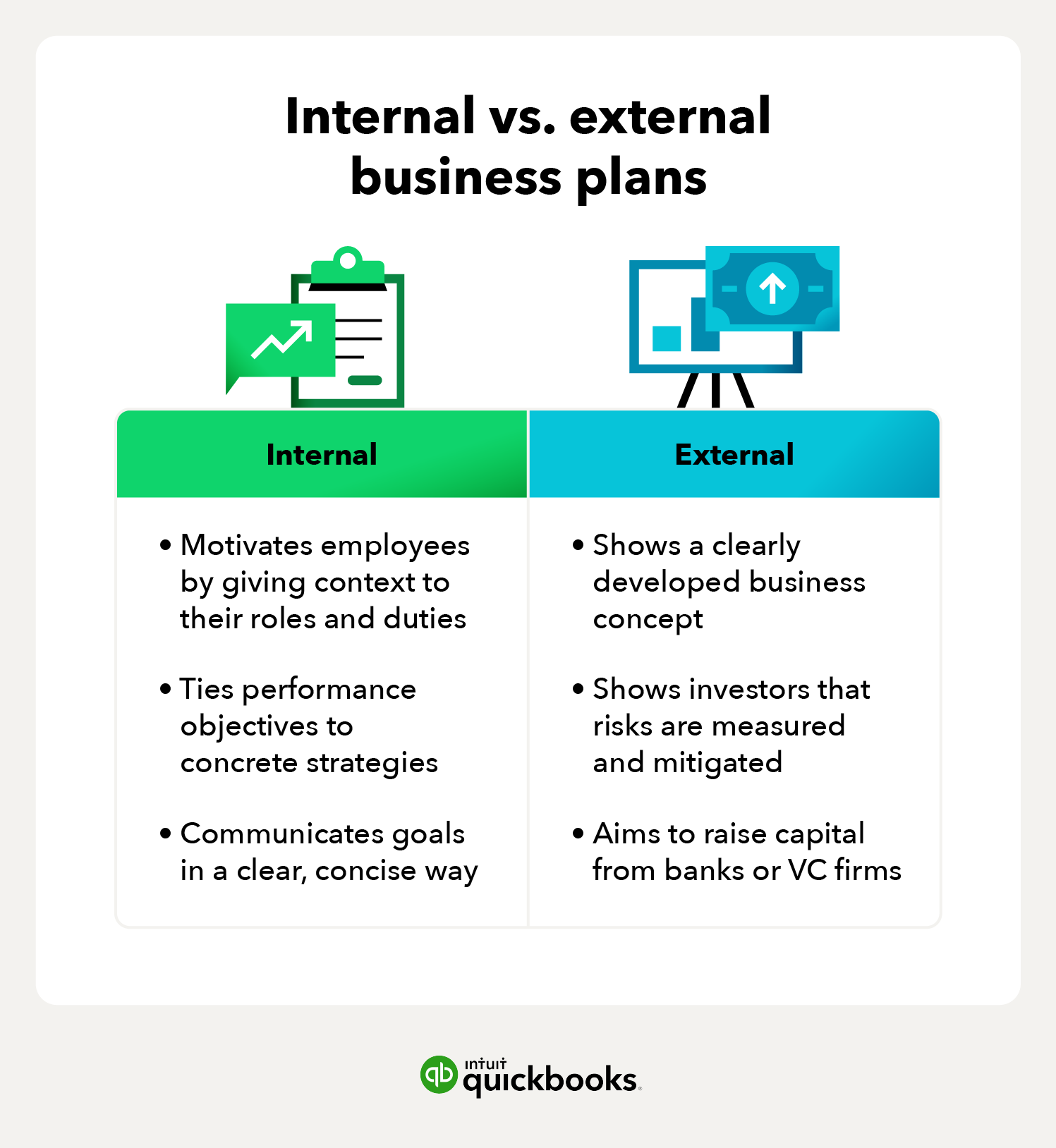
Are you ready to turn your entrepreneurial dreams into a reality? A strong business plan is your roadmap to success, guiding you through the complexities of startup planning and ensuring you stay on track. Think of it as the blueprint for your business—without it, you're building a house without a foundation. So, let's dive in and explore how to create a strong business plan that sets you up for success.
Understanding the Importance of a Business Plan
A well-crafted business plan is not just a document; it's a strategic tool that outlines your business strategy, market analysis, financial projections, and more. It serves as a communication tool for investors, lenders, and partners, showcasing your vision and how you plan to achieve it.
Why You Need a Business Plan
A business plan is crucial for several reasons:
- Clarity of Vision: It helps you define your goals and objectives clearly.
- Strategic Planning: It outlines your business strategy, including marketing, sales, and operational plans.
- Financial Forecasting: It provides financial projections, helping you manage cash flow and plan for growth.
- Investor Attraction: A solid business plan can attract investors and secure funding.
Crafting Your Executive Summary
The executive summary is the first and most crucial part of your business plan. It's a snapshot of your entire plan, summarizing the key points in a concise and engaging manner. Think of it as the trailer for your business—it should hook the reader and make them want to learn more.
What to Include in Your Executive Summary
- Business Concept: A brief description of your business idea.
- Market Opportunity: An overview of the market you're targeting.
- Competitive Advantage: What sets your business apart from the competition.
- Financial Projections: A summary of your financial forecasts.
- Funding Requirements: If you're seeking investment, outline how much you need and what it will be used for.
Conducting a Thorough Market Analysis
Market analysis is the backbone of your business plan. It involves researching your industry, target market, and competitors to understand the landscape you're entering. This section should provide a comprehensive view of the market, highlighting opportunities and challenges.
Steps to Conduct Market Analysis
- Industry Overview: Provide an overview of the industry, including trends, size, and growth potential.
- Target Market: Define your target audience, including demographics, psychographics, and behaviors.
- Competitive Analysis: Identify your competitors and analyze their strengths and weaknesses.
- Market Trends: Highlight any trends that could impact your business.
Developing Your Business Strategy
Your business strategy outlines how you plan to achieve your goals. It includes your marketing and sales strategies, operational plans, and management structure. This section should provide a clear roadmap for executing your business idea.
Key Components of a Business Strategy
- Marketing Strategy: Outline your marketing plans, including channels, messaging, and tactics.
- Sales Strategy: Describe your sales approach, including target customers, sales channels, and pricing strategy.
- Operational Plan: Detail your operational processes, including production, distribution, and customer service.
- Management Structure: Define your organizational structure and key personnel.
Creating Financial Projections
Financial projections are essential for understanding the financial viability of your business. They provide a forecast of your income, expenses, and cash flow, helping you plan for the future and make informed decisions.
Elements of Financial Projections
- Income Statement: A projection of your revenue and expenses over a specific period.
- Balance Sheet: A snapshot of your assets, liabilities, and equity at a particular point in time.
- Cash Flow Statement: A forecast of your cash inflows and outflows.
- Break-Even Analysis: An analysis of when your business will cover its initial costs and start making a profit.
Writing Your Business Plan
Now that you have all the components, it's time to put them together into a cohesive document. Your business plan should be well-structured, clear, and concise. Use headings and subheadings to organize the content and make it easy to navigate.
Tips for Writing a Strong Business Plan
- Be Specific: Provide detailed information and avoid vague statements.
- Use Data: Support your claims with data and statistics.
- Keep It Simple: Use straightforward language and avoid jargon.
- Engage the Reader: Use personal pronouns and active voice to make the content engaging.
Conclusion
Creating a strong business plan is a critical step in turning your entrepreneurial dreams into a reality. It provides a roadmap for your business, outlining your strategy, market analysis, financial projections, and more. A well-crafted business plan not only helps you stay on track but also serves as a powerful communication tool for investors, lenders, and partners.
So, are you ready to take the first step towards building a successful business? Start by crafting a strong business plan today. Remember, the journey of a thousand miles begins with a single step.
FAQs
1. How Long Should a Business Plan Be?
The length of a business plan can vary, but it typically ranges from 15 to 20 pages. The key is to be concise and provide all the necessary information without overwhelming the reader.
2. What Should I Include in the Executive Summary?
The executive summary should include a brief description of your business concept, market opportunity, competitive advantage, financial projections, and funding requirements.
3. How Do I Conduct Market Analysis?
Market analysis involves researching your industry, target market, and competitors. It includes providing an industry overview, defining your target market, conducting a competitive analysis, and highlighting market trends.
4. What Are the Key Components of a Business Strategy?
The key components of a business strategy include your marketing strategy, sales strategy, operational plan, and management structure.
5. Why Are Financial Projections Important?
Financial projections are important because they provide a forecast of your income, expenses, and cash flow, helping you plan for the future and make informed decisions.


By following these steps and incorporating the tips provided, you'll be well on your way to creating a strong business plan that sets you up for success. Good luck on your entrepreneurial journey!
Posting Komentar